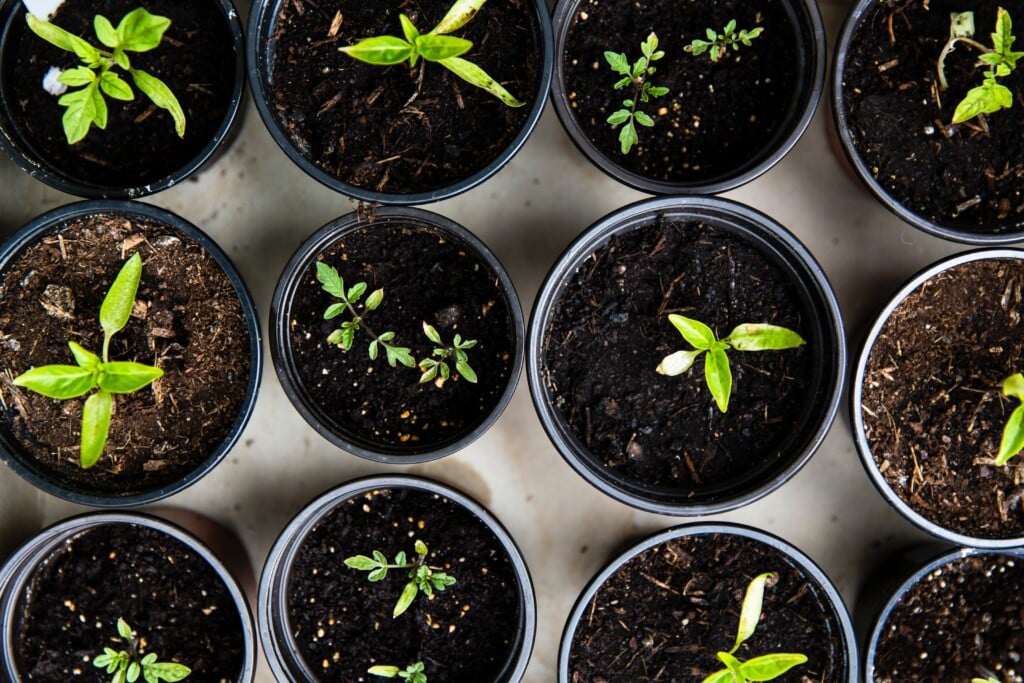
Self-Sustainability on Wheels
Self-sustainability has become an increasingly important topic in recent years, particularly as the world becomes more aware of the environmental impact of our modern lifestyles. The idea of being self-sufficient involves taking responsibility for your own needs and reducing your reliance on external resources. Here we’ll explore the importance of self-sustainability and how to achieve it while traveling in a vehicle.
Why Self-Sustainability is Important
Self-sustainability is important for a number of reasons. First and foremost, it allows us to reduce our impact on the environment. By being self-sufficient, we are able to reduce our reliance on non-renewable resources and reduce our carbon footprint. This can help to slow down climate change and preserve the natural world for future generations.
It also allows us to take control of our own lives. When we are self-sufficient, we are not beholden to external sources for our basic needs. This gives us a greater sense of independence and self-reliance, which can be empowering and liberating.
In addition, self-sustainability can help us to save money. By producing our own food, generating our own electricity, and reducing our reliance on expensive fuels, we can reduce our living costs and increase our financial stability.
How to Achieve Self-Sustainability in a Vehicle
As controversial as the topic is, you can still lower your impact on the environment, even if you’re living and traveling in a vehicle. Achieving self-sustainability while traveling requires the three “P’s”. Planning, patience and preparation. Here are some tips to help you get started:
Choose the Right Vehicle
Look for a vehicle that is fuel-efficient, has good storage space, and is easy to maintain. A van or camper van is a good option, as it provides both living space and storage space. While you aren’t essentially helping climate change by driving, you can still ensure your vehicle has decent emissions so you aren’t totally contributing to the problem.
Install Solar Panels
One of the easiest and most effective ways to achieve self-sustainability in a vehicle is to install solar panels. Solar panels can be used to generate electricity for your vehicle, allowing you to power your appliances and electronics without relying on external sources. They are also relatively easy to install and maintain.
Install a Water Filtration System
Access to clean water is essential for self-sustainability. Installing a water filtration system in your vehicle can help you to purify water from natural sources such as rivers, lakes, and streams, allowing you to have a reliable source of clean drinking water. There are a variety of water filtration systems available on the market, so be sure to do your research to find one that fits your needs.
Grow Your Own Food
Growing your own food is another important aspect of self-sustainability. Even if you are traveling in a vehicle, you can still grow some of your own food by using pots and containers. It’s not easy, but it’s definitely doable. Herbs, leafy greens, and small vegetables can be grown in pots and containers, allowing you to have fresh produce on hand. You can also consider growing sprouts, which are easier to grow and provide a source of fresh greens.
Use a Composting Toilet
A composting toilet is a great way to reduce your reliance on external resources. It allows you to convert human waste into compost, which can be used to fertilize plants. There are a variety of composting toilet systems available, so be sure to do your research to find one that fits your preference.
Use a Portable Stove
A portable stove is a great way to cook your own meals while traveling in a vehicle. There are a variety of portable stove options available, including propane stoves, alcohol stoves, and wood-burning stoves.
Reduce Waste
Be sure to bring reusable bags, containers, and water bottles with you on your travels to reduce the amount of waste you generate. Consider using cloth towels instead of paper towels, and composting any food scraps or biodegradable materials.
Use Renewable Energy Sources
In addition to solar panels, there are other renewable energy sources you can use to achieve self-sustainability in your vehicle. Wind turbines, hydroelectric generators, and even pedal-powered generators can all be used to generate electricity and reduce your reliance on non-renewable energy sources.
Practice Leave No Trace Principles
When traveling in a vehicle, it is important to practice Leave No Trace principles to minimize your impact on the environment. This includes packing out all your trash, using designated campsites, and avoiding damaging natural resources such as plants and wildlife.
Learn Basic Repair and Maintenance Skills
Being self-sufficient also means being able to maintain and repair your vehicle on your own. Learning basic repair and maintenance skills such as changing a tire, changing the oil, and replacing spark plugs can help you to save money and reduce your reliance on external resources.
Benefits of Self-Sustainability in a Vehicle
Achieving self-sustainability while traveling can have a number of benefits. Here are some of the most notable:
Increased Independence and Self-Reliance
It allows you to take control of your own life and reduce your reliance on external sources. This can give you a greater sense of independence and self-reliance, which can be empowering and liberating.
Reduced Environmental Impact
By reducing your reliance on non-renewable resources and minimizing your impact on the environment, you can help to slow down climate change and preserve the natural world for future generations.
Financial Stability
It can help you to save money by reducing your living costs and increasing your financial stability. By producing your own food, generating your own electricity, and reducing your reliance on expensive fuels, you can reduce your expenses and increase your financial independence.
Enhanced Travel Experience
Traveling in a self-sustainable vehicle can also enhance your travel experience by allowing you to explore remote areas and experience nature in a more intimate way. By being self-sufficient, you can also avoid crowded campsites and tourist hotspots, allowing you to have a more authentic and unique travel experience.
Self-sustainability is an important aspect of modern living, particularly as the world becomes more aware of the environmental impact of our modern day lifestyles. Achieving this while traveling in a vehicle requires some planning and preparation, but it can have a number of benefits, including increased independence, reduced environmental impact, financial stability, and an enhanced travel experience. By following the tips outlined here, you can begin your journey towards self-sustainability and take control of your own life while doing so on the road.













